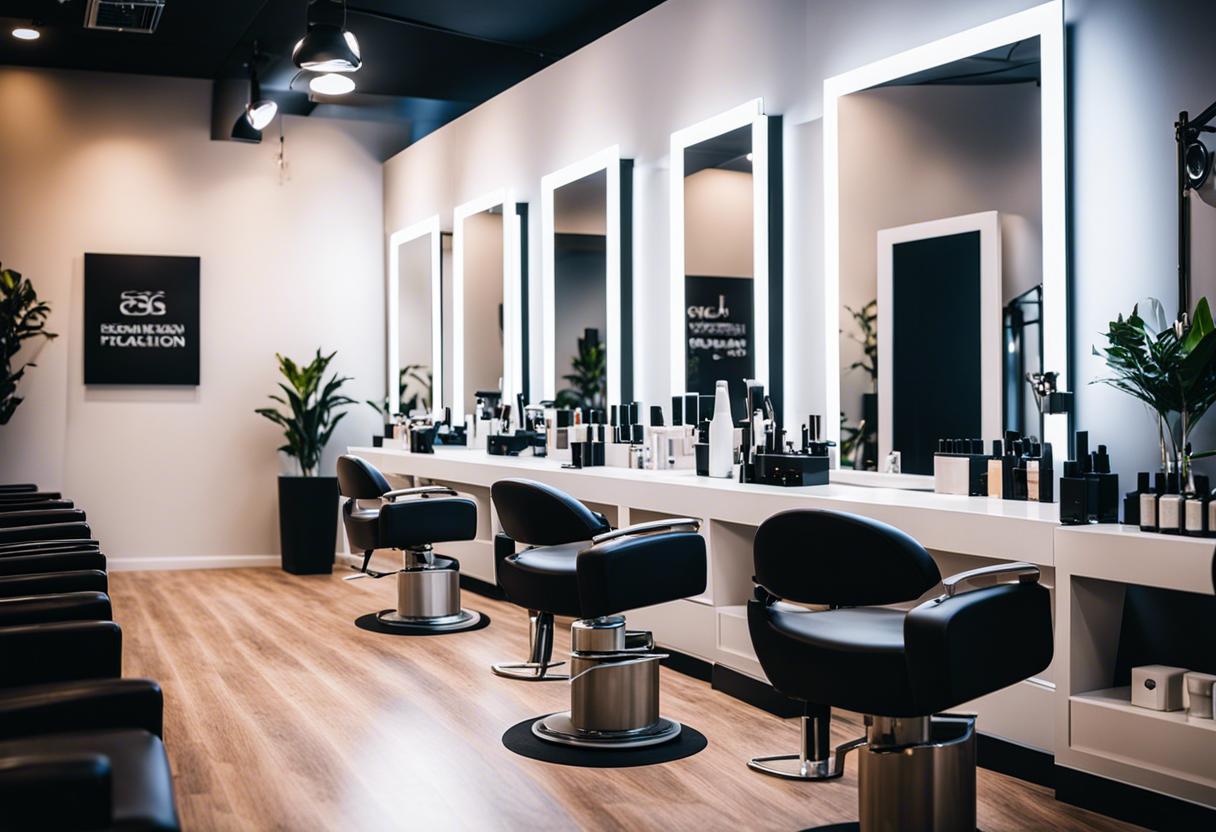The Injuries Resolution Board has found that laser hair removal and waxing treatments are key contributors to bodily harm, such as scars and burns, within the health and beauty domain within the UK. However, issues cropping up from eyelash extensions and chemical peel treatments are on the rise, as revealed by the board’s data.
Within a four-year span from 2019 to 2023, the board handled 437 claims from the health and beauty sector, culminating in 96 payouts amounting to £1.2 million, according to Dr Lauren Swann, the head of the board’s research and policy department. A probe into sector-related injuries by RTÉ Prime Time inspired the research earlier this year.
Nearly all claimants, or 96%, were women, with the mean claimant age being 38.
Major claims (75) were about laser hair removal, 56 pertained to waxing, 45 implicated allergic reactions to colourants and tints, and 43 were about face treatments.
Sustaining scalp burns from colourant usage sparked 37 claims, 32 were linked to botox/filler usage, 23 to nail treatments, and 19 to eyelash extensions.
Last year, the overall number of claims for the sector dropped by 30% compared to 2019. Dr. Swann, however, is unsure whether this is due to upgraded safety and health measures in the sector or lingering impacts from the Covid-19 pandemic.
Interestingly, while most injury-related claims have declined in 2023, the only exceptions were claims for two beauty treatments—eyelash extensions and chemical peel treatments—which saw a surge in numbers.
Out of the £1.2 million totalling awarded, £260,000 were linked to slips and falls, £112,000 to waxing, £106,000 to scalp burns, £104,000 to face treatment, £89,000 to laser hair removal, £76,000 to nail treatments, £68,000 to hair damage, £60,000 to allergy reactions, and £325,000 tackled other causes.
Dermatitis and other skin disorders were present in 22% of cases, while facial scars and burns made up 21% of cases. Non-facial scars and burns formed 13% of cases, and both hair damage and eye injuries were 11% each.
As for post-injury care, antibiotics were required for 38% of patients, steroids were administered to 24%, and 5% needed healthcare visits to take care of their wounds.
At a conference commemorating two decades since the founding of the IRB, previously known as the Personal Injuries Assessment Board, Dr Swann unveiled the latest data. The board granted over 9,000 awards last year, amounting to a total of €170 million, indicating a significant decrease from the €275 million distributed in awards in 2019.
Out of the 2023 awards, a majority of 6,230 were related to motor incident claims, followed by 1,629 public liability claims, and 1,285 employer liability cases. Dr Swann noted that the average award value was lesser by 23% compared to the previous year; however, it was still 17% higher than the typical 2022 award. This change occurred following the initiation of legally approved guidelines in April 2021 that notably reduced awards for predominantly minor injuries.
Dr Swann further added that the board presently handles more complicated injury claims. She noted a declining trend in back and neck injuries assessments, which was concomitant with a rise in awards for psychological trauma. As the IRB is a central organisation, holding accountability for data collection pertaining to over 20,000 accidents per annum, Dr Swann expressed hope that its research efforts would persist to deliver evidence-backed data relevant to accident prevention, public health, and broader insurance reform.

